Introduction to Chinese Weddings
Chinese weddings are a fascinating blend of ancient customs and contemporary practices, reflecting the country’s rich cultural heritage and its rapid modernization. These celebrations, steeped in symbolism and tradition, vary significantly across China’s diverse regions, from the elaborate ceremonies of the Han Chinese to the colorful customs of ethnic minorities.
Throughout history, Chinese weddings have been more than just a union of two individuals; they represent the joining of two families and the continuation of ancestral lines. Today, while many couples embrace Western-style ceremonies, traditional elements remain an integral part of Chinese nuptials, creating a unique fusion of old and new.
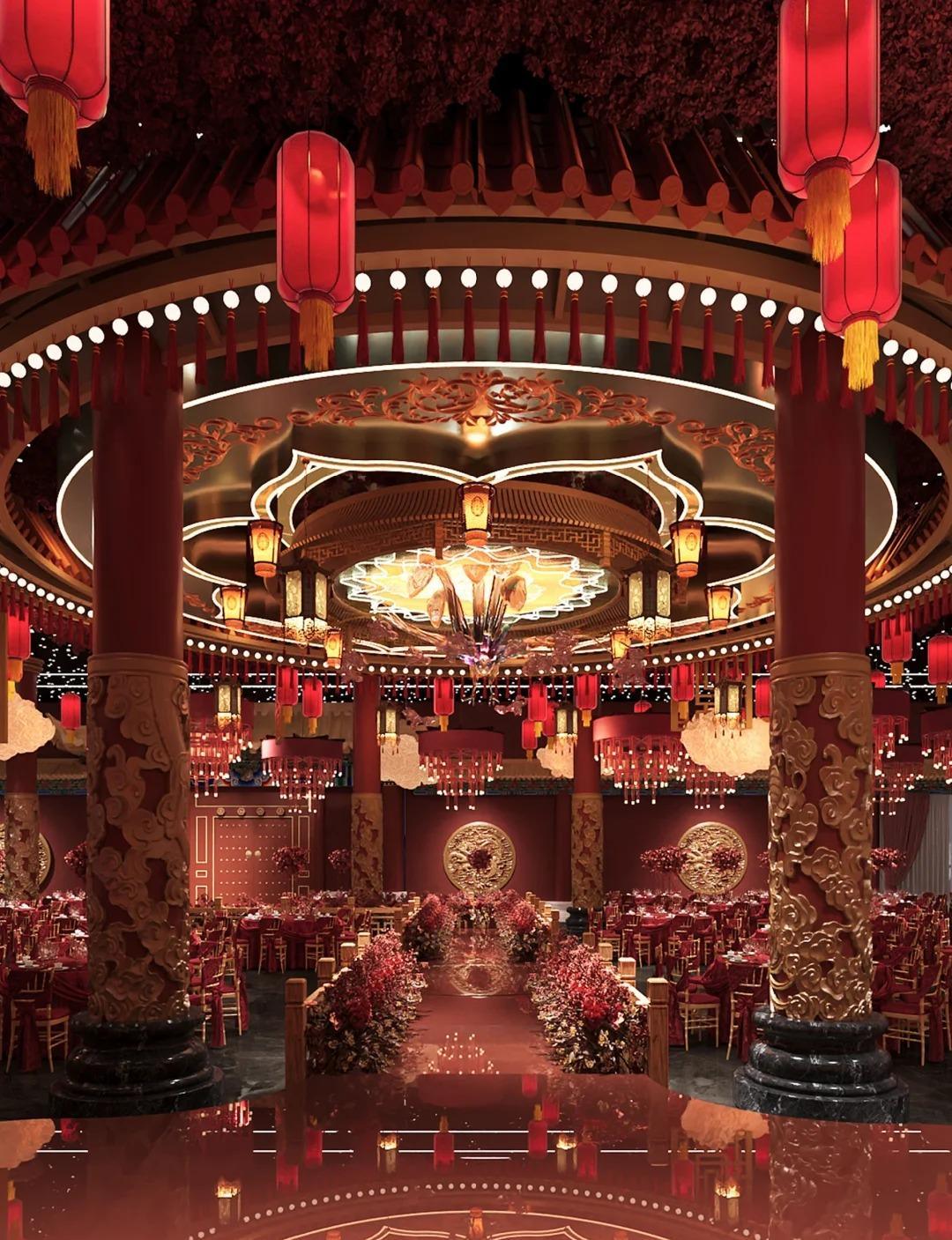
Pre-Wedding Rituals
The journey to a Chinese wedding begins long before the actual ceremony. Here are some key pre-wedding customs:
- Proposal and Engagement: Traditionally arranged by parents or matchmakers, modern couples now often choose their own partners.
- Auspicious Date Selection: A fortune teller is consulted to choose a lucky wedding date based on the couple’s birth dates and times.
- Betrothal Gifts: The groom’s family presents engagement gifts to the bride’s family, which may include jewelry, money, and symbolic items.
In some regions, the exchange of betrothal gifts is quite elaborate, with specific items representing good fortune and prosperity for the new couple.
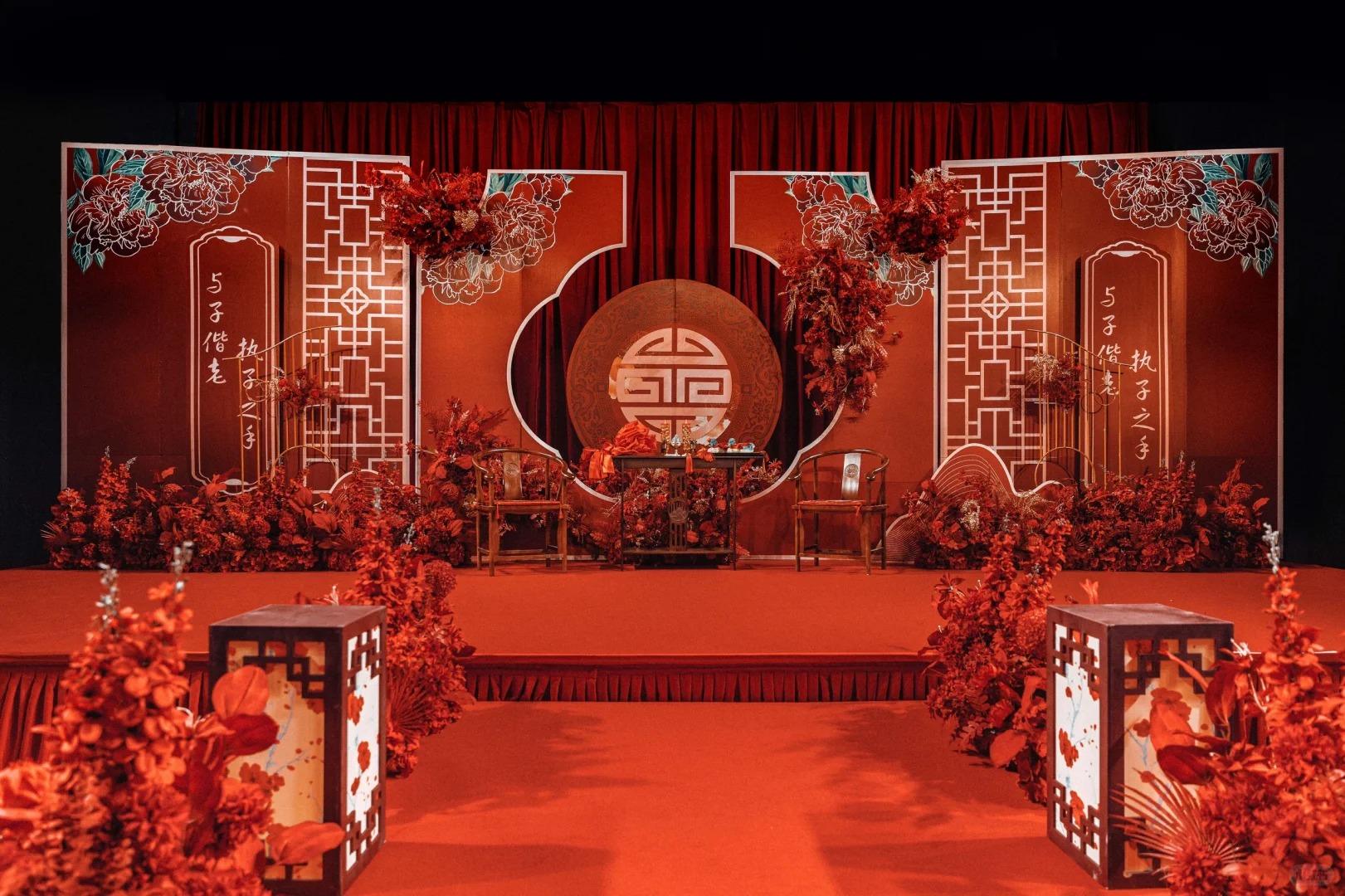
Traditional Wedding Attire
The wedding attire in Chinese culture is rich with symbolism:
| Attire | Description | Symbolism |
|---|---|---|
| Qipao/Cheongsam | Red, form-fitting dress | Luck, joy, prosperity |
| Dragon and Phoenix Robe | Embroidered with mythical creatures | Harmony between husband and wife |
| Tang Suit | Traditional male attire | Elegance and cultural heritage |
Red is the dominant color in Chinese wedding attire, symbolizing good fortune and joy. Modern couples often opt for a blend, wearing traditional outfits for the ceremony and Western-style attire for the reception.
Wedding Day Ceremonies
A traditional Chinese wedding day is filled with meaningful rituals:
- Tea Ceremony: The couple serves tea to their elders, receiving blessings and red envelopes in return.
- Door Games: The groom and his groomsmen must complete challenges set by the bridesmaids before being allowed to “collect” the bride.
- Hair Combing Ceremony: Symbolizes the transition from childhood to adulthood.
- Wedding Procession: The bride is carried in a decorated sedan chair or driven in a lavish car to the wedding venue.
These ceremonies, while rooted in tradition, are often adapted to suit modern lifestyles and preferences.
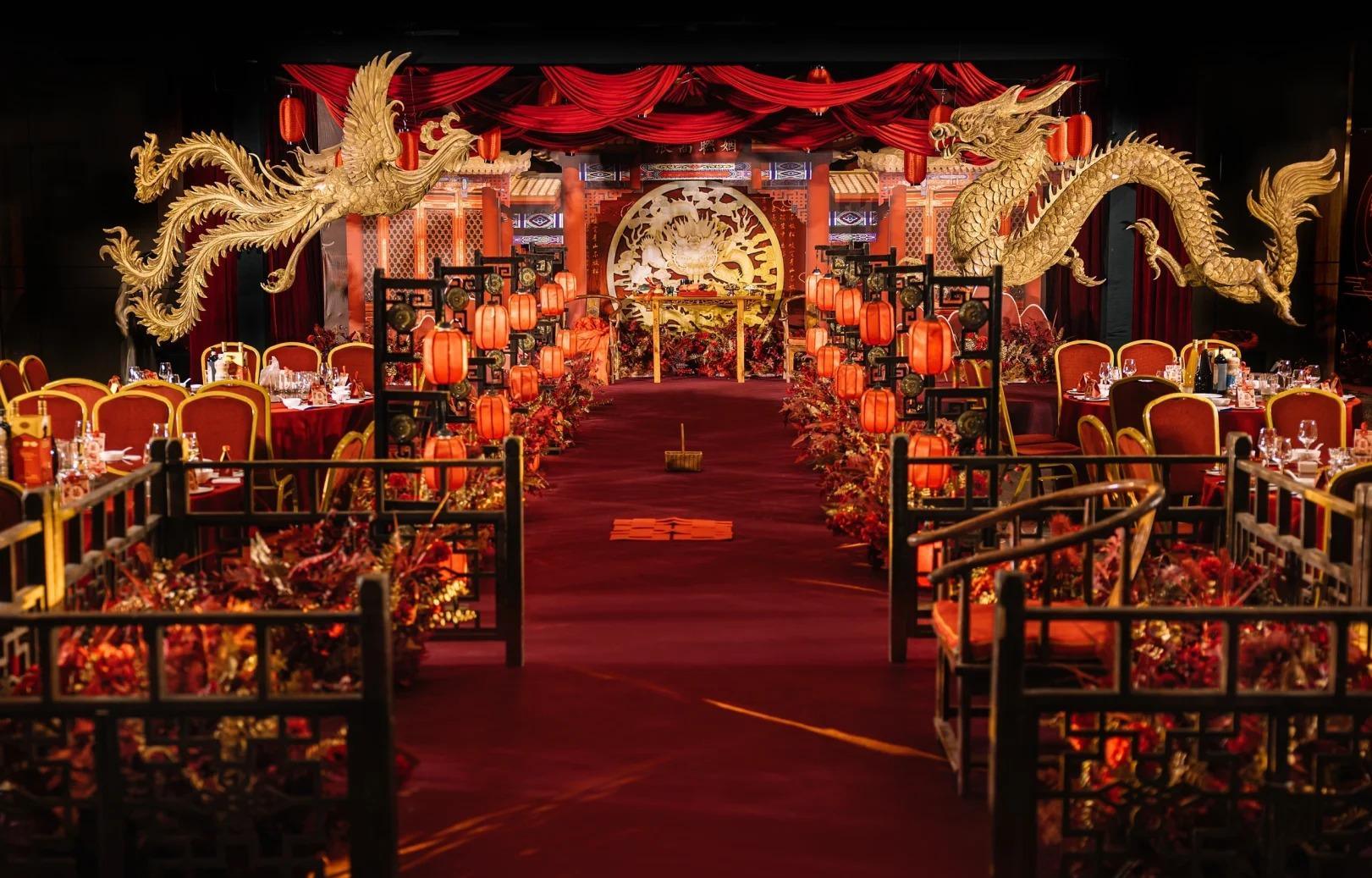
The Wedding Banquet
The wedding banquet is a crucial part of Chinese nuptials, often featuring:
- An elaborate multi-course meal with symbolic dishes
- Toasting rituals where the newlyweds visit each table
- Entertainment such as speeches, performances, and games
Traditional dishes might include whole fish (symbolizing abundance), lobster (representing the dragon and phoenix), and sweet lotus seeds (for fertility).
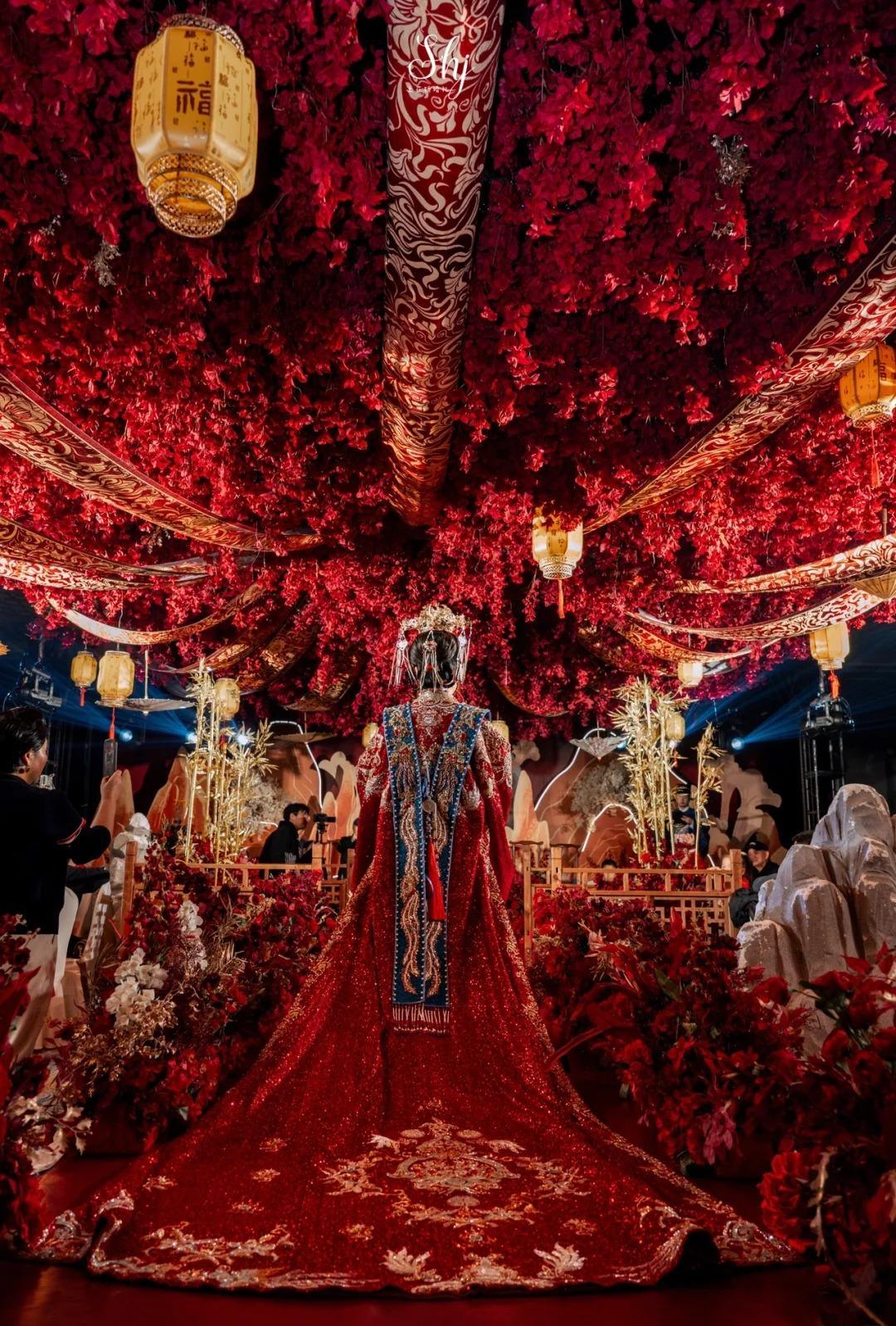
Symbolic Elements and Customs
Chinese weddings are rich in symbolism:
- The double happiness symbol (囍) is prominently displayed
- Red envelopes (hongbao) containing money are given as gifts
- Decorations often feature peonies (wealth) and mandarin ducks (fidelity)
Superstitions also play a role, such as avoiding the number 4 (which sounds like “death” in Chinese) and favoring even numbers for good luck.
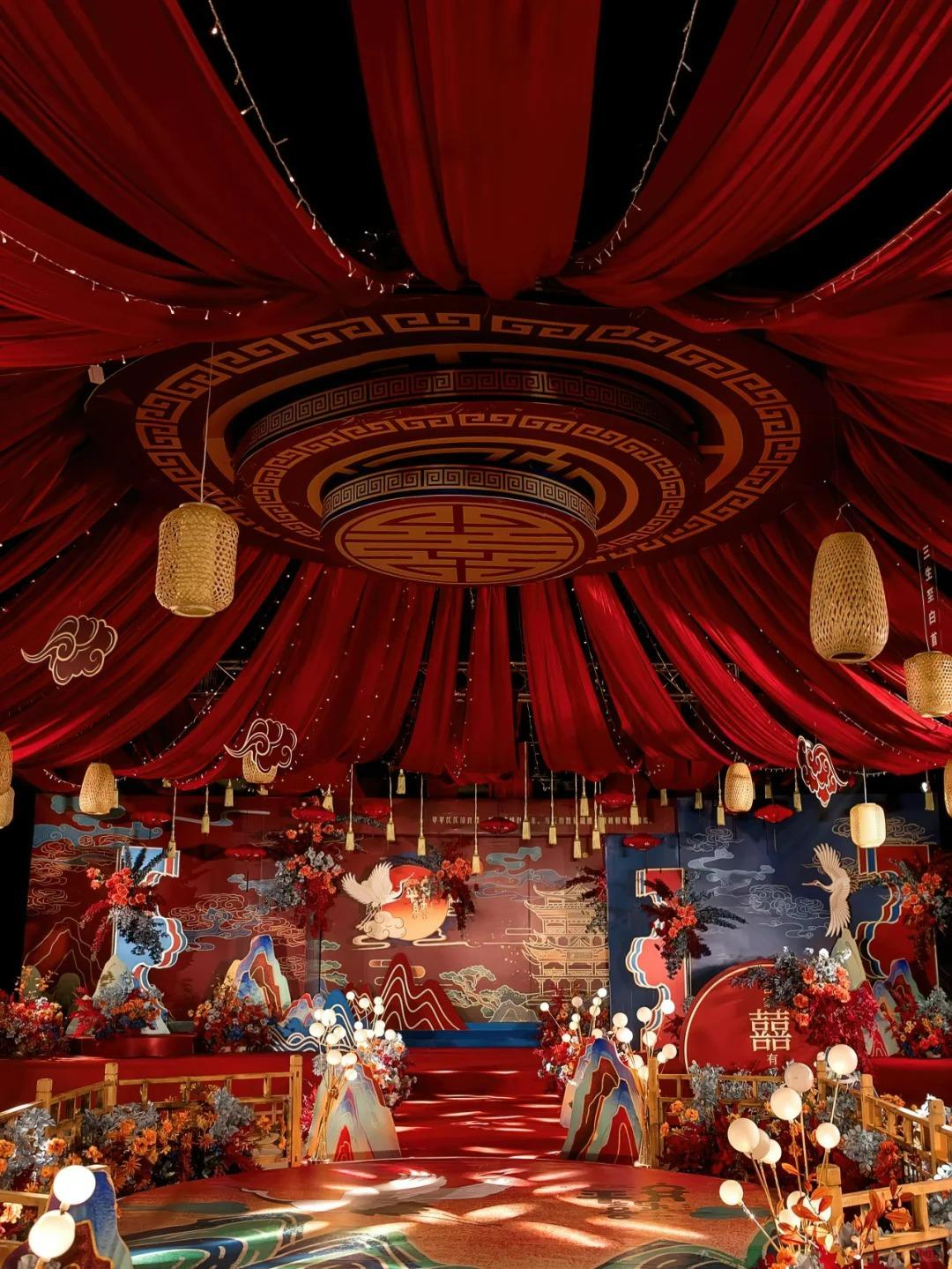
Modern Chinese Weddings and Travel Experiences
Today’s Chinese weddings often blend traditional elements with Western practices. Some couples opt for destination weddings in scenic locations like Hangzhou’s West Lake or Sanya’s tropical beaches.
Tourists can experience Chinese wedding culture by:
- Visiting wedding markets in major cities
- Attending wedding expos
- Participating in cultural workshops that recreate wedding rituals
Popular wedding-related souvenirs include miniature sedan chairs, double happiness symbols, and red paper-cuttings.
Tips for Attending a Chinese Wedding as a Foreign Guest
If you’re invited to a Chinese wedding:
- Wear red for good luck, but avoid white (associated with funerals)
- Give a monetary gift in a red envelope
- Be prepared for a long, lively celebration with multiple toasts
Remember, each wedding is unique, blending family traditions, regional customs, and personal preferences. Embrace the experience and don’t hesitate to ask about customs you don’t understand – your hosts will likely be delighted to share their cultural heritage.
Chinese weddings, with their rich tapestry of traditions and modern innovations, offer a captivating glimpse into the heart of Chinese culture. Whether you’re a guest, a curious traveler, or planning your own celebration, the warmth, joy, and deep symbolism of these events create memories to cherish for a lifetime.






